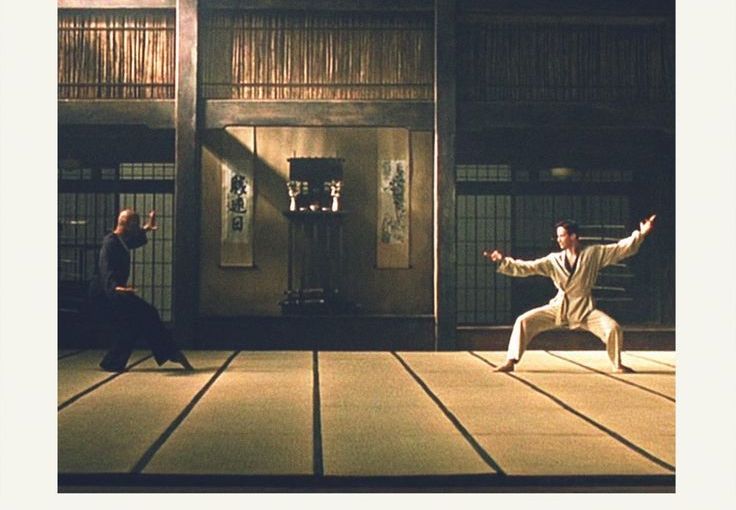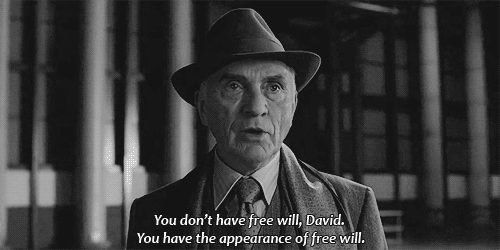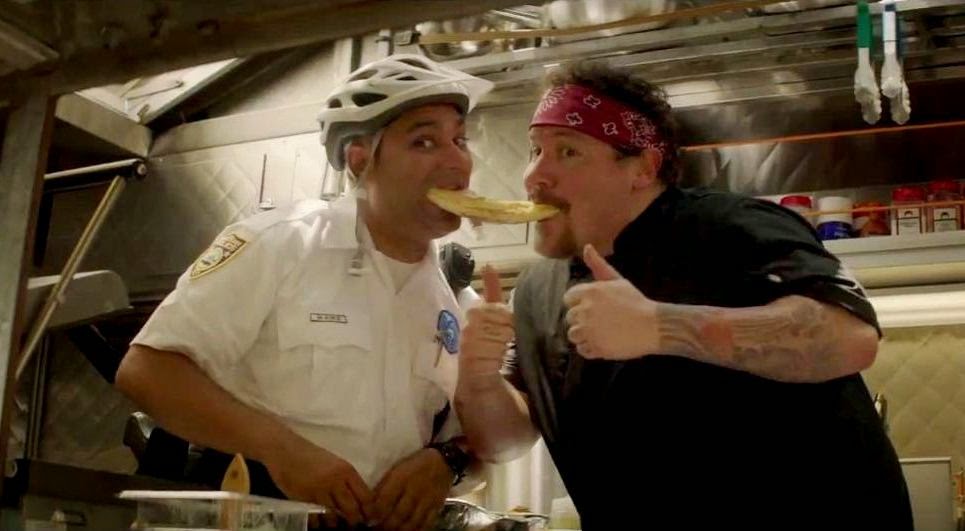Much more than the logo, there can be nothing more intrinsic to our friendly neighborhood web slinger, other than, the quote:
With great power, comes great responsibility
-attributed to Uncle Ben
There was, presumably, no other superhero easier to relate to than our teenage Peter, who had to juggle work, studies, personal life and that of Spider-Man. Please, do not misquote, we can all relate to Batman, Iron Man and all the other heroes, yet, we are neither Billionaires, Heirs of Estates nor Norse Gods, so then, Peter Parker is closest.
The quote, sadly, no longer conjures the same tingles, many had when it was printed or shown in theaters. Today, responsibility is nothing but an idea and power is relegated to be only obtained by those who further evil in the halls of government or human society. It has become nothing more than a lackadaisical excuse to ignore responsibility and to stagnate; given that convenience is the sign of the times.
Superheroes are meant to inspire people and serve as a catalyst for leisurely consideration of heavier topics which would otherwise be boring, or at least so was perhaps the intent in the creation of them.
Yet to see, how these days, superheroes and what they stand for reduced to mere fanfare is just heartbreaking. The first trilogy, without any professional rating capacity, this humble writer dare claim, still is and will always be the benchmark of any Spider-Man movies to come. It spoke quite vividly of the quote by which Spider-man had always been known for, in a way, that it resonated with the audience setting the stage for new take on heroes, their lives and their growing pains. The second, with sincere effort, was a pale shadow of the first. Not for any technicality on acting or story-telling, but merely on the fact that, it missed to frame a message to the audience. Primarily, because, and this is stepping on plenty of conspiracy theories here, the second trilogy was made for capitalist purposes. Capitalism, the curse of every art form.
But, thankfully, while still suffering from the inecessential humor that Marvel places, in scenes, where giggle has no place, this Spider-Man trilogy, had managed to communicate a novel, yet profoundly resonating frame of heroism is and what heroes stand for.
Spider-Man: No Way Home is a 2021 American superhero film based on the Marvel Comics character Spider-Man, co-produced by Columbia Pictures and Marvel Studios and distributed by Sony Pictures Releasing. It is the sequel to Spider-Man: Homecoming (2017) and Spider-Man: Far From Home (2019), and the 27th film in the Marvel Cinematic Universe (MCU). The film was directed by Jon Watts and written by Chris McKenna and Erik Sommers. It stars Tom Holland as Peter Parker / Spider-Man alongside Zendaya, Benedict Cumberbatch, Jacob Batalon, Jon Favreau, Jamie Foxx, Willem Dafoe, Alfred Molina, Benedict Wong, Tony Revolori, Marisa Tomei, Andrew Garfield, and Tobey Maguire. In the film, Parker asks Dr. Stephen Strange (Cumberbatch) to use magic to make his identity as Spider-Man a secret again following its public revelation at the end of Far From Home. When the spell goes wrong because of Parker’s actions, the multiverse is broken open, which allows visitors from alternate realities to enter Parker’s universe. (Wikipedia)
So, then in our usual tradition, with an ever growing task to distill only three from the many lessons, the movie has, this article will focus on those that hits closely home and that of which is so fundamental and yet frequently overlooked.
Lesson 1 : Being A Hero Is About Believing In The Goodness Of Others
The pace of the movie was filled with the usual Marvel tinge of humor, which would mesh well with the personality of Spiderman, yet underneath that facade and quite polished in a way that at first glance almost unnoticeable was the fact that the movie was almost about redemption, second chances and of the contagious effect of good.
Nearing the end of his nemesis-clean-up-drive of the varied Spiderman heroes from each Spider-verse, Peter could finally sit back and relax. But, he did not and it speaks volumes of what separates heroes, the genuine ones from those who merely save the day only to fight again for another. What I mean is, if we take a look at another favorite personal and blockbuster hero, Batman–we see some lessons, Bruce could learn from Peter, so he could finally have some life and not have Alfred crying.
If we consider carefully, every hero, super or not, has villains, Each villain, is almost like a child in a way that they wreak havoc resulting from either some unresolved childhood trauma, exquisitely depressing turn in life or deeply marked cruelty of society. They do the cat-and-mouse chase, Hero wins, Villain gets sacked and they live to do the same charade the next day. If we strip away the moral dogma each hero has in dispensing their own perspective of justice and right, it is easy to see, that it truly was not sustainable and evil is pervading, winning if not the hallmark of the day.
Peter, however, neatly communicates to us not just a sustainable way to keep bad at bay on a daily basis, but perhaps long term, when he decided to hold of on transporting the collected villains until they could be reconnected with the side of themselves, which many of us, if not all do, inherently good. Being the intelligent teen that he is, Peter, had just demonstrated that while the stuff that makes legend is pretty cool, believing in someone, reconnecting them with the good that is inherent in them prior to the cause of their tantrums–can perhaps be the best way to not just halt crime, but rehabilitate the person. Put it this way, Peter, believed that the villains of the different Spider verses did not dream to be villains, but were given a bad hand, and it was enough to demonstrate to his enemies and the world what a true hero really does.
It did not come easy, certain scenes in the movie clearly demonstrates how easy it is to fix our focus on the actions of those who had done us harm and get even. But, in such, we become those that we are against. Such is the condition of today’s world and just made all the more worse by many self-professed philosophers and poets who merely spout sweet lines and clever phrases notwithstanding the basic foundations of ethics and morality, to provide us a justifying line, when. our finer faculties of forgiveness and empathy fail.
A true hero, believes in the goodness of others, even in his villains.
Lesson 2 : Tomorrow Is Not Promised. Live For Today.
This lesson, to begin with, does not by all means harmonize with the ongoing subpar philosophy that has reprehensibly replaced what the phrase Carpe Diem was intended to bear. Yes, the line, by no means is allowing any form of selfishness or neglect of responsibility and accountability on grounds that we have to care for ourselves first or that life is about just being alone and letting the world burn. Well, yes, technically, such decision and way of life is not wrong. Yet, what separates us now from animals, if we are then only conscious of our own good and unaware or neglectful of our fundamental responsibility to be an instrument of good for others?
Tomorrow is not promised. Live for today.
The most potent of scene would be how Green Goblin wins over Norman Osborne to be the harbinger of death to Happy’s and our beloved characters of the MCU (of which, i shall only hint, as we have the tradition of no spoilers). But not simply that. In another heroic act, to secure the stability of the whole of the multiverse, Peter took on a life disconnected from anyone and everyone he loves.
That feeling when everyone else seem to have forgotten about you or literally did not even know you and yet, you alone, in the rest of the many universes and in all of them know it, to which, their knowledge of you and of what you are and they meant to you would threaten the very fabric of life, in all sincerity, is excruciatingly Promethian in levels of self-inflicted torture.
While, we may not have to make similar decisions as Peter had. We are all subject of the same probability, with ever increasing chances, given the current state of the world–and so why we be thrift on words, meager on goodwill and stingy on expressing warmth? To love, care, forgive, wish good luck, hug, kiss and be kind are free, easy to give and all the more needed by everyone. Much like how a smile does by no means impoverish the giver and yet makes the recipient richer than Midas.
Make those close to you know, while you still can. We can all use some LOVE!
Lesson 3 : Life Is Granted So Find Purpose
A life of solitude and loneliness, while in many fictional works are glorified in a way that compares those who live such life to wolves, lions and God is only said by those who know not to be both lonely and alone. For such condition is not just unnatural bordering an insult towards the very nature of man, but also, an epidemic so easy to cure, yet so lethal to have taken many lives.
It is quite gripping actually, how Peter post his choice of allowing his personal life to die, so that the multiverse can be saved, would mean that he would come to the shop where MJ works, order pastry, admire her beauty, see his best friend, recall the fun times, observe only from afar the joys of their friendship and perhaps wish you could have damned the world if granted another chance and yet knowing you cannot.
I will leave that there for a moment so we can simmer the scene (for those who had watched and for those who are yet to, trust me, it does not depreciate the deep sorrow of the scene).
To emphasize the exponential increase of Spider-Man’s grief must be, consider that; just some months back, he had lost his uncle, then Tony, then falsely accused of being the bad guy other than losing his identity after facing Mysterio.
Nothing happens to anybody, which he is not fitted by nature to bear
-Marcus Aurelius
Well, it is a slippery slope pointing out the many instances that Marvel had gloosed over such rich-emotionally-charge scenes with humor, thus the rant about the pains of Spider-Man.
But, to drive the point, of the third lesson. We shall qoute, The Buddha, that ” All Life Is Pain” and yet, while life is merely a countdown until death, overcoming the exquisitely crafted pains of the universe daily–which in Peter’s case, would still involve being a hero, requires a strong sense of purpose.
There can be no other compelling force, that sustains, Spider-Man and Peter, in the past and hopefully, indicating here, that in another Multiiverse, he did succumb to the influence of a symbiote, other than Purpose.
And same as Peter, just like Spider-Man, while we may not have special abilities, we all have the power to make a difference, the power to help someone, the power to be a force for good and so, may we chose to do so and take solace in the epic lines of Uncle Ben, “With Great Power, Comes Great Responsibility.
#Ikigai #wabisabi #kintsugi #ubuntu


















 Sure he failed three times and nearly lost the opportunity to be with Elise, but when it mattered the most, he was willing to risk everything to write his own story and not live the one that was made for him.
Sure he failed three times and nearly lost the opportunity to be with Elise, but when it mattered the most, he was willing to risk everything to write his own story and not live the one that was made for him.

 So if all our choices, carefully chosen or not bear some consequences that we all have to pay, might as well give them more thought and decide wisely.
So if all our choices, carefully chosen or not bear some consequences that we all have to pay, might as well give them more thought and decide wisely.





 We ought to take ownership of our emotions, understand that there are things outside our control and stressing over them is a waste of energy. Meanwhile, there are things that we can definitely do something about that is a much better way of expending our attention and our best efforts I.
We ought to take ownership of our emotions, understand that there are things outside our control and stressing over them is a waste of energy. Meanwhile, there are things that we can definitely do something about that is a much better way of expending our attention and our best efforts I.




